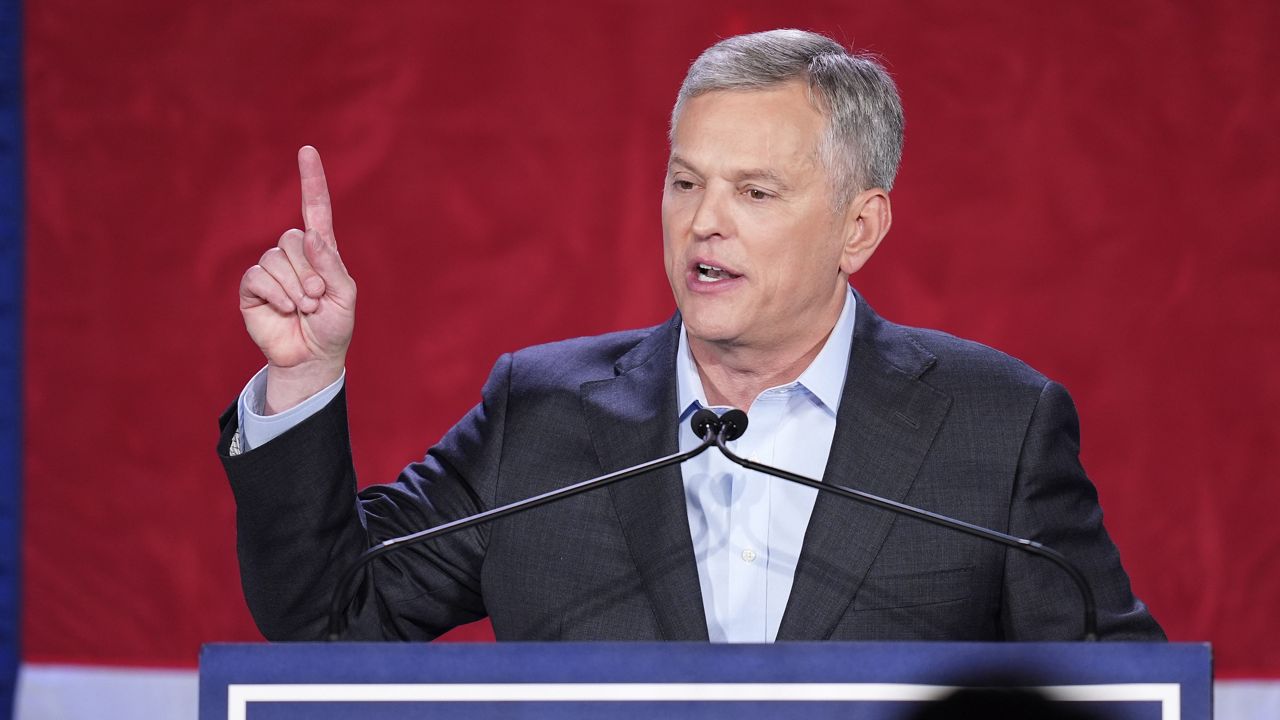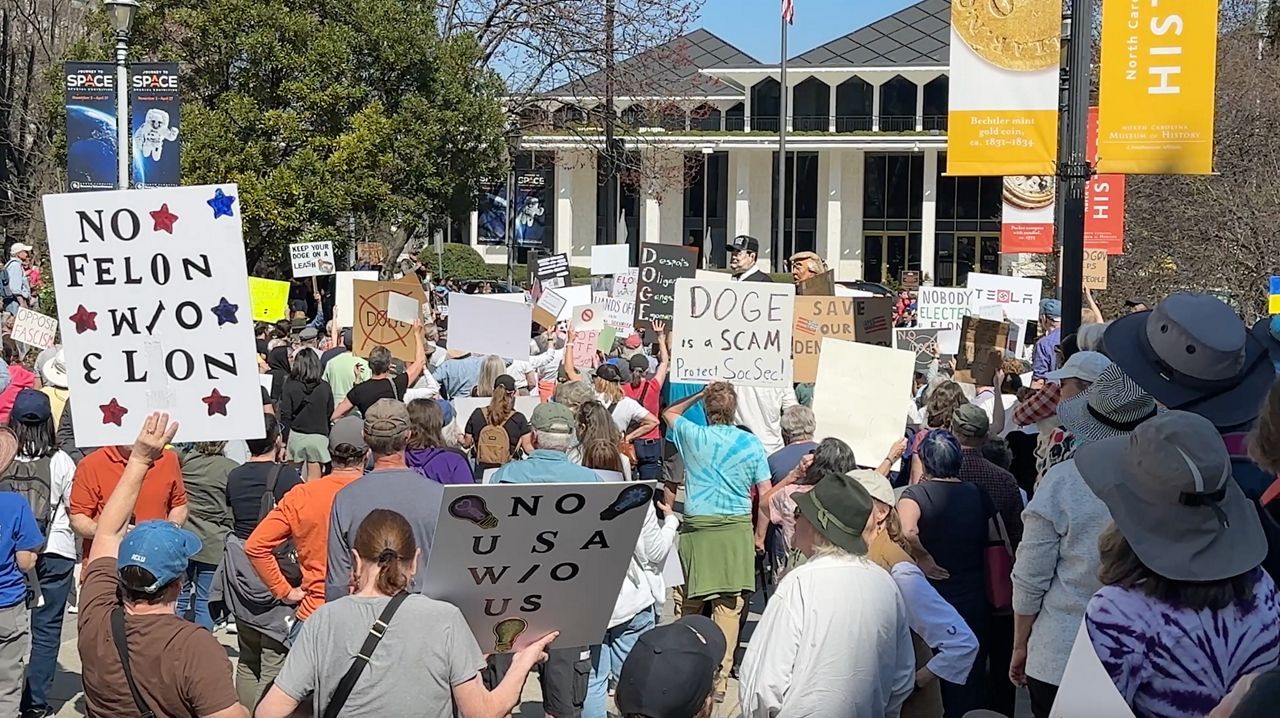RALEIGH, N.C. — When the power went out in December for Duke Energy customers across the state, the Heffelfingers weren't worried in their north Raleigh home.
"We came home to a warm house that had plenty of light and invited, you know, family and friends over," Bill Heffelfinger said.
The couple had solar panels installed on their roof this past June but started taking steps to be more energy efficient years before that.
"We upgraded our HVAC. That was our first step. I installed LEDs and smart home devices from, gosh, back in 2008," he said. "So early adopter."
Thanks to the federal Inflation Reduction Act, the Heffelfingers are going to get a tax credit on the renewable energy installation.
"That doesn't mean refund. It doesn't mean rebate. It means credits," he said. "Let's say the tax credit for your solar installer was $10,000. If you owe the government $10,000 in taxes at the end of the year, that $10,000 credit gets applied. Now you owe nothing."
North Carolina has energy efficiency credits, but its renewable energy tax credit expired in 2015.
State Rep. Wesley Harris represents Mecklenburg County and said he plans to introduce legislation this session to bring back the credits on a state level.
Heffelfinger says incentives should encourage more people to take steps toward renewable energy.
"I think the state is incentivizing people to do this and making it affordable, quite frankly," he said. "We're fortunate. We saved well. We could do this. It's expensive."
For the Heffelfingers part of the switch is about cost savings, but also about the reliability. They have aging parents and want to be able to provide a home with energy if possible.
The rolling blackouts last year already proved how important that is and showed the benefit to their home and others.
"I'd like to think that using December 24 example, we actually helped our neighbors by having solar, because we weren't drawing anything from the grid," Heffelfinger said. "We were running on our own."









